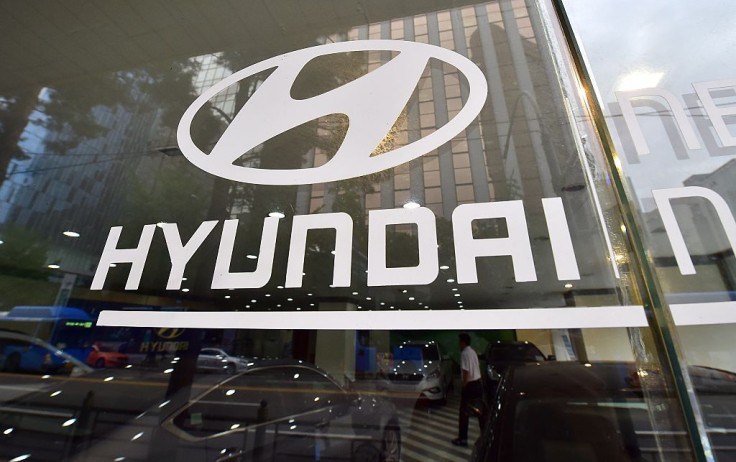
Hyundai proudly announced its robotics institute that Boston Dynamics will power on Friday, Aug. 12. The company is optimistic that its robotics firm will become the hub of the Boston Dynamics AI Institute to foster robotics and artificial intelligence research.
A $400 Million Investment Will Be Lend for Boston Dynamics AI Institute's Development
According to a corporate announcement made by Hyundai on Aug. 12, Boston Dynamics will serve as the core of the Boston Dynamics AI Institute, seeking to promote robotics and artificial intelligence research. The institute will be run by Marc Raibert, the creator of Boston Dynamics, who moved out of the CEO position at the end of 2019 and handed the keys to longstanding COO Rob Playter. The institution will have its headquarters in Kendall Square in Cambridge, Massachusetts.
A $400 million investment is being used to establish the institution. Hyundai states that they are actively seeking researchers and engineers; thus, it seems logical that they would locate in Cambridge, which is close to some of the top research universities in the world. In a similar vein, Ford has collaborated with the University of Michigan to run its own robots research laboratory.
There were several outstanding issues when Hyundai purchased Boston Dynamics at the end of 2020. The Korean automobile giant asserted that things would differ from the 30-year-old cutting-edge robotics company's last two owners, Google and SoftBank.
The relationship has thus far been a bit of a mixed bag. Hyundai has utilized the technology for some crazy sci-fi demonstrations, including at this year's CES having Spot hanging out on Mars as a metaverse avatar. At the same time, Boston Dynamics turns to practical uses to commercialize robots like Spot and Stretch.
Boston Dynamics has a history of emphasizing research, which has persisted even after the company started seeking to commercialize its technologies. In addition, it's a significant component of what Raibert, a former professor at MIT and CMU, has prioritized throughout his thirty years with the corporation.
Read Also: Dutch Authority Detained an Alleged Originator of Tornado Cash
Hyundai Said Its Working on a Small and Affordable EV for Europe
A fresh rumor suggests that there is a second EV in the works, but Hyundai stated last month that they are working on a tiny and inexpensive EV for Europe with a starting price of €20,000 ($20,614). Based on common foundations, the two models are anticipated to make their debuts in mid-2023 and late-2024.
The EVs will succeed the Hyundai i10, which is classified as a city vehicle, according to Autocar (A-Segment). They are anticipated to compete with the future VW ID.1 and ID.2, as well as the Skoda and Cupra siblings' vehicles. The least expensive urban EV from VW Group is expected to cost €20,000 ($20,614), indicating that this might become the new standard for the market.
Although there is no official information available regarding the EVs' designs, it is anticipated that one of them will have a design that is reminiscent of the Hyundai i10, and the other will be a little roomier and taller like the Hyundai Casper.
Hyundai's strategy is for ten further EV launches in Europe by 2030 in addition to the two compact cars. The Korean carmaker will be able to cope with the tighter pollution requirements by having a large number of zero-emission cars before switching to all-electric vehicles in the Old Continent somewhere in the next ten years.
Related Article: Hyundai Successfully Pilots an Autonomous Ship Across the Ocean









